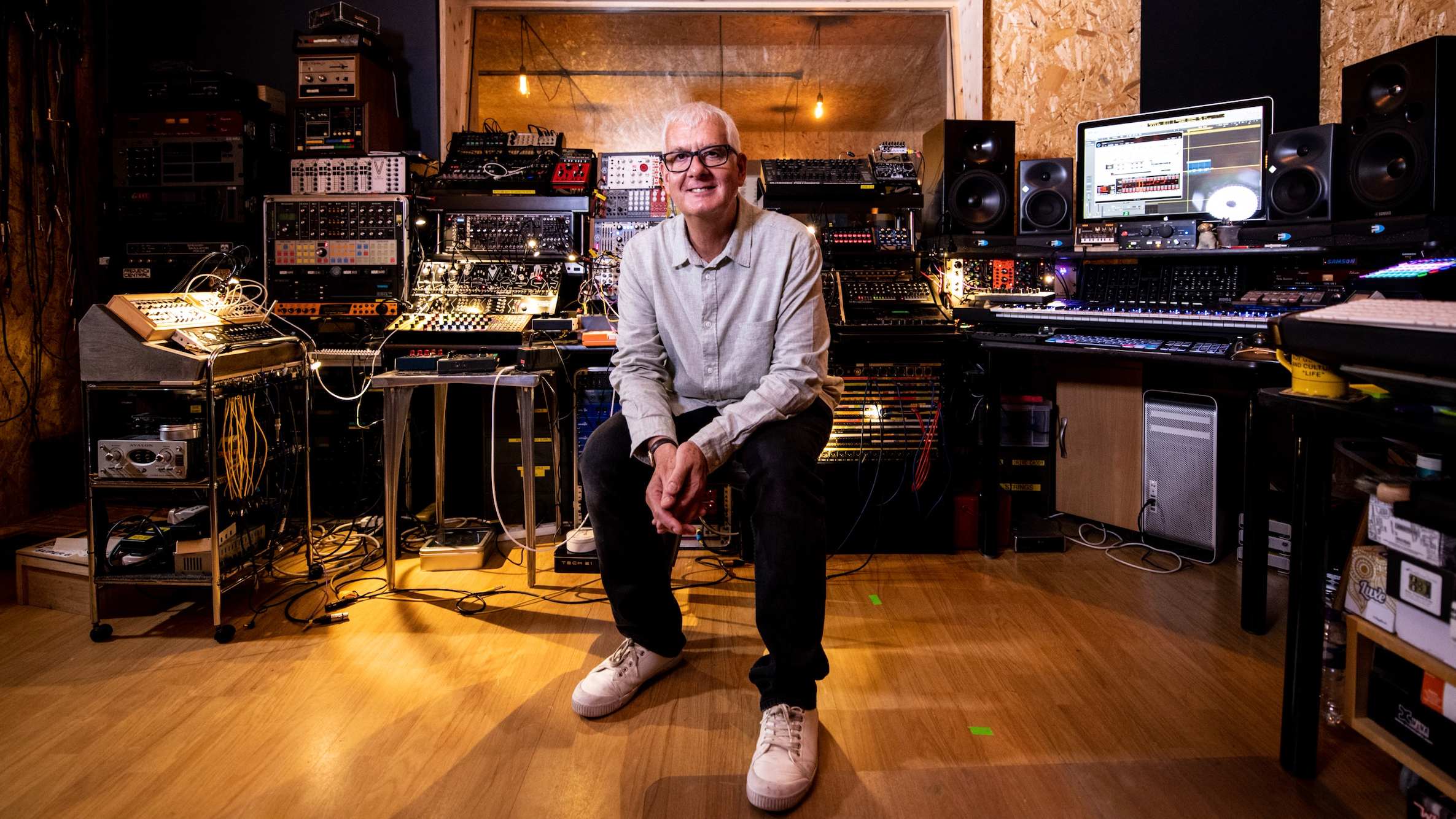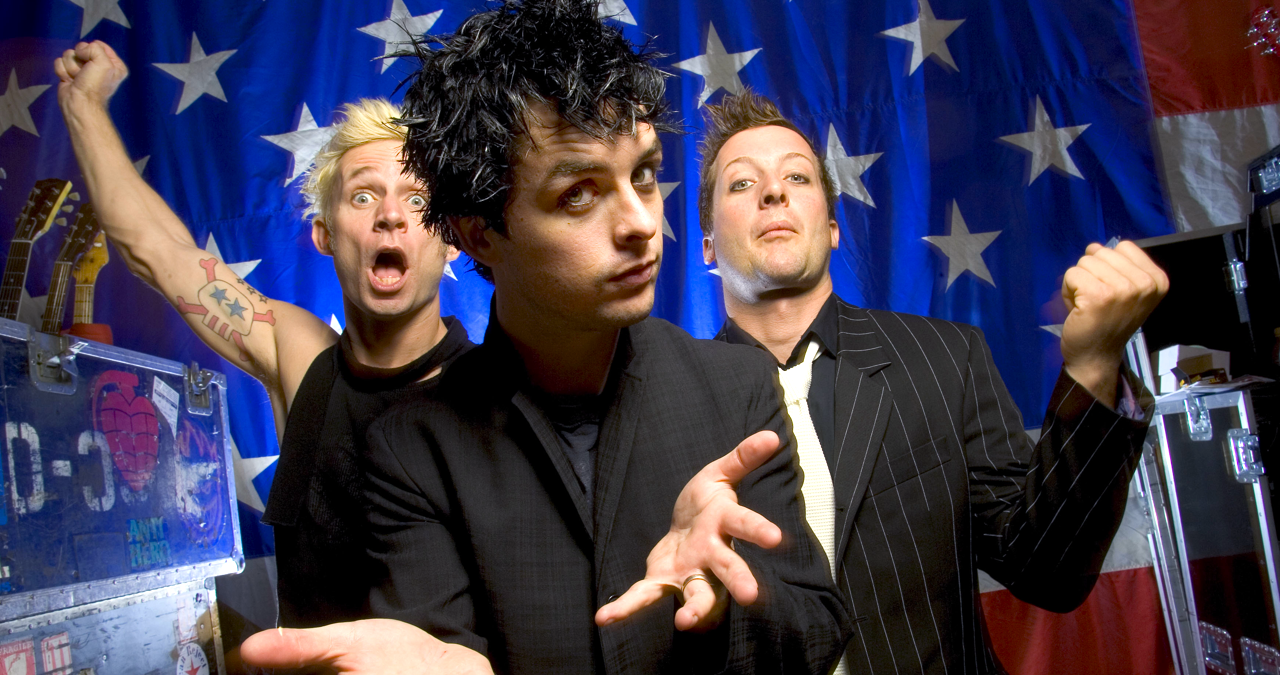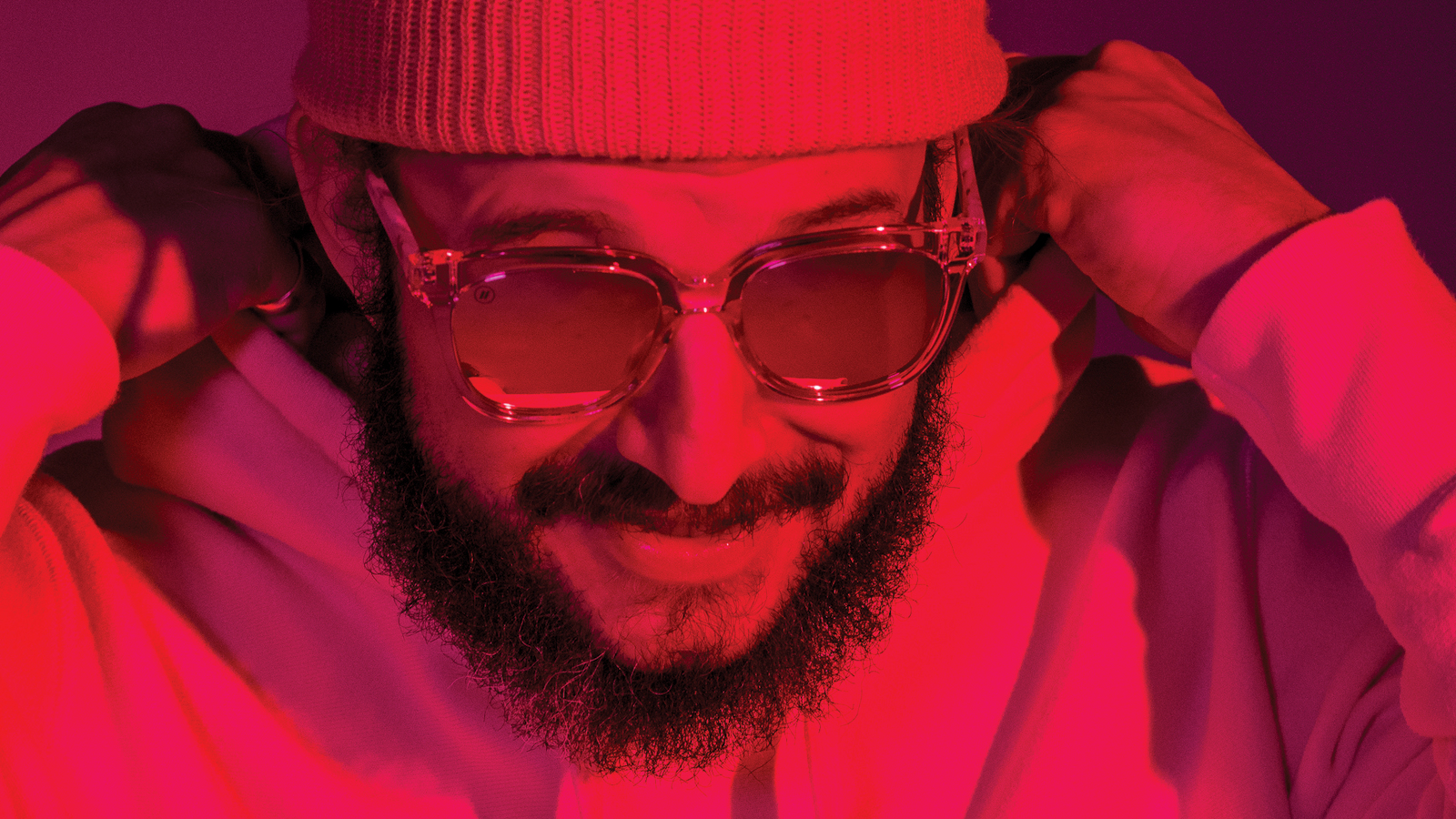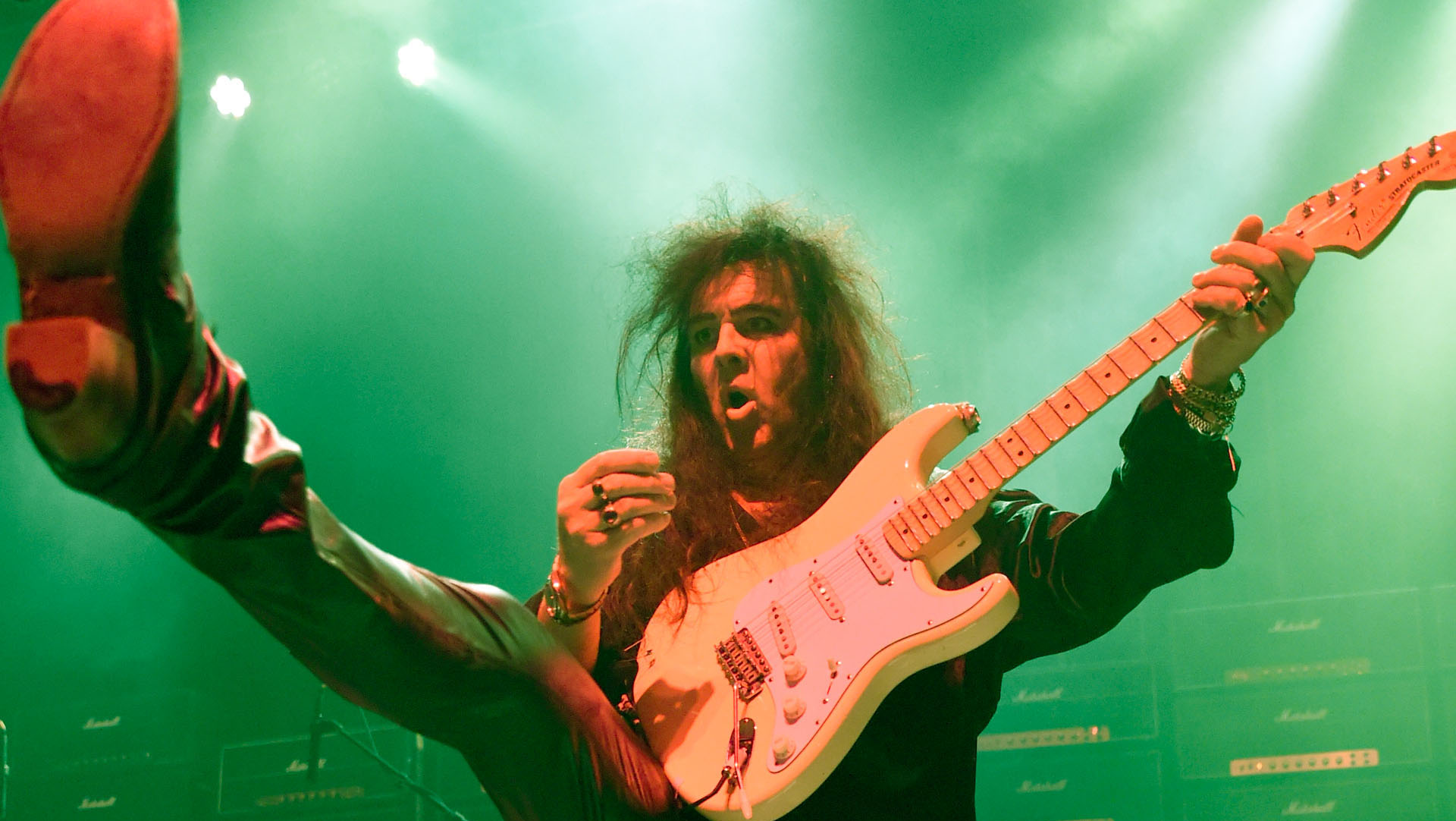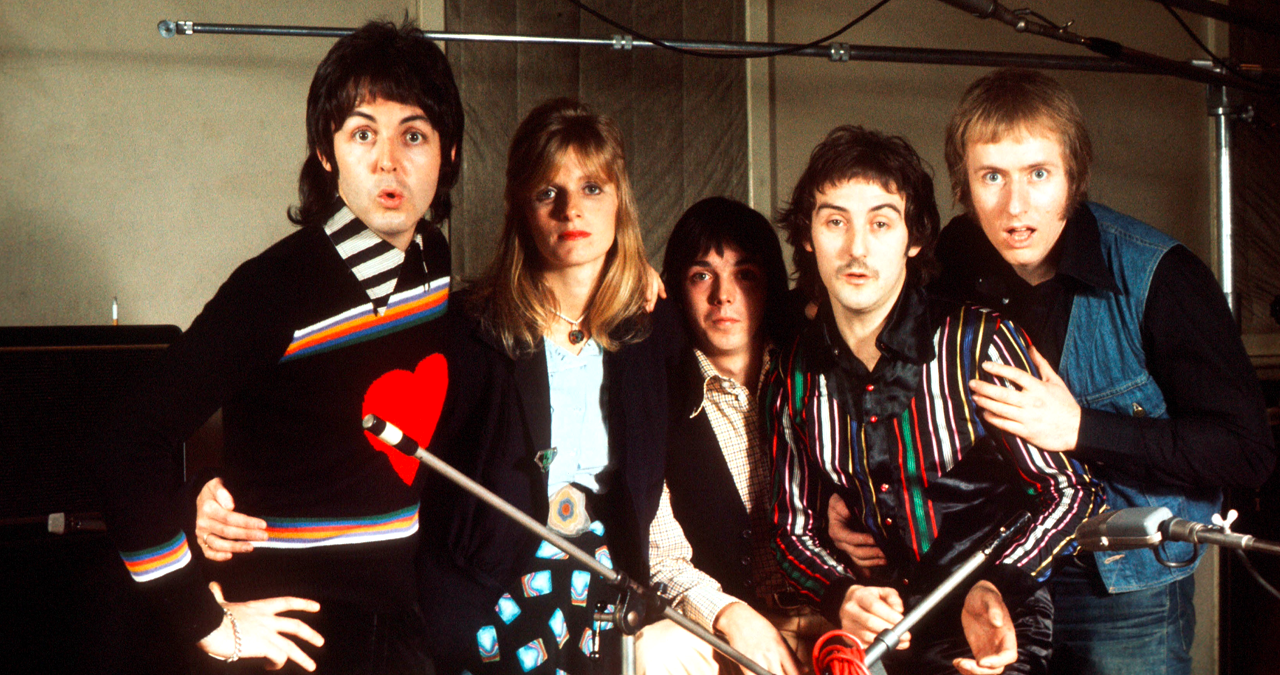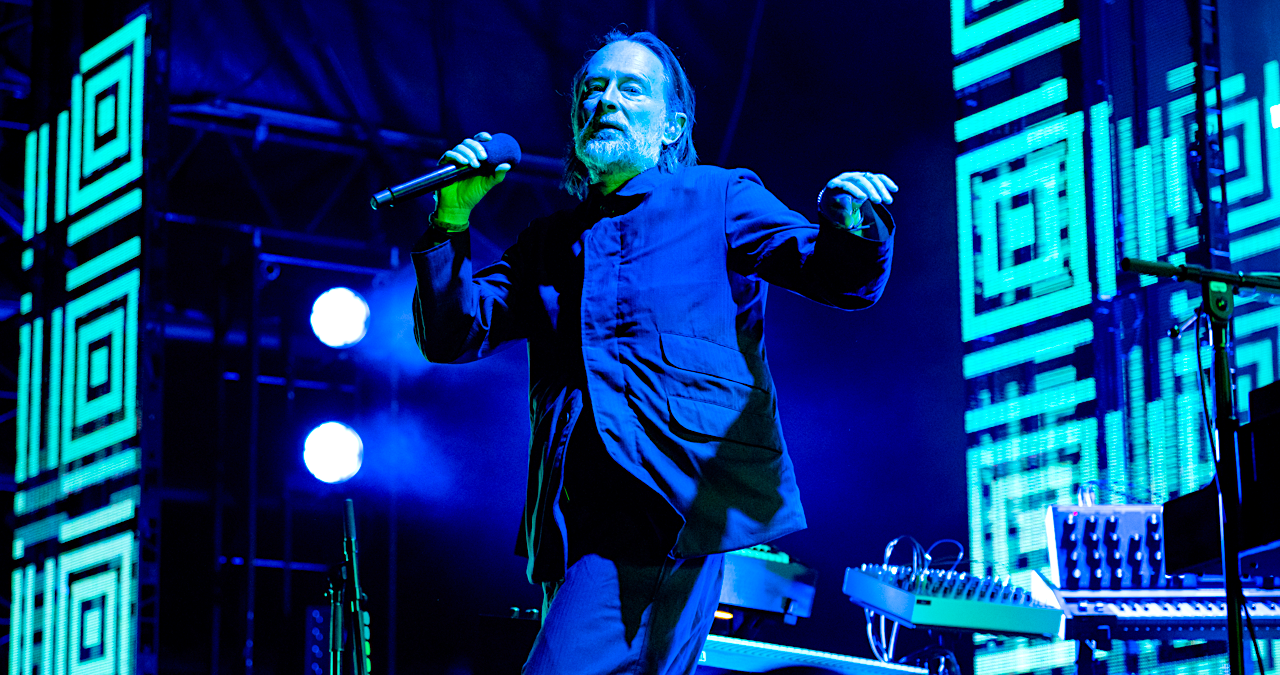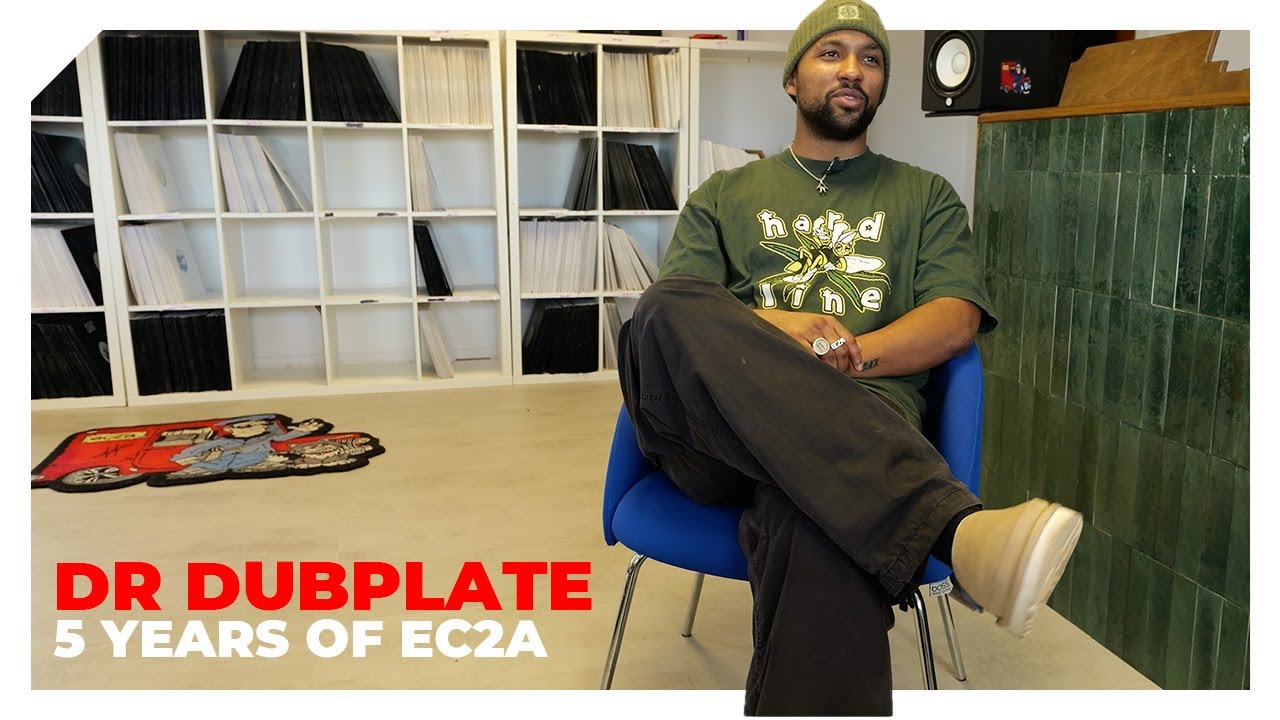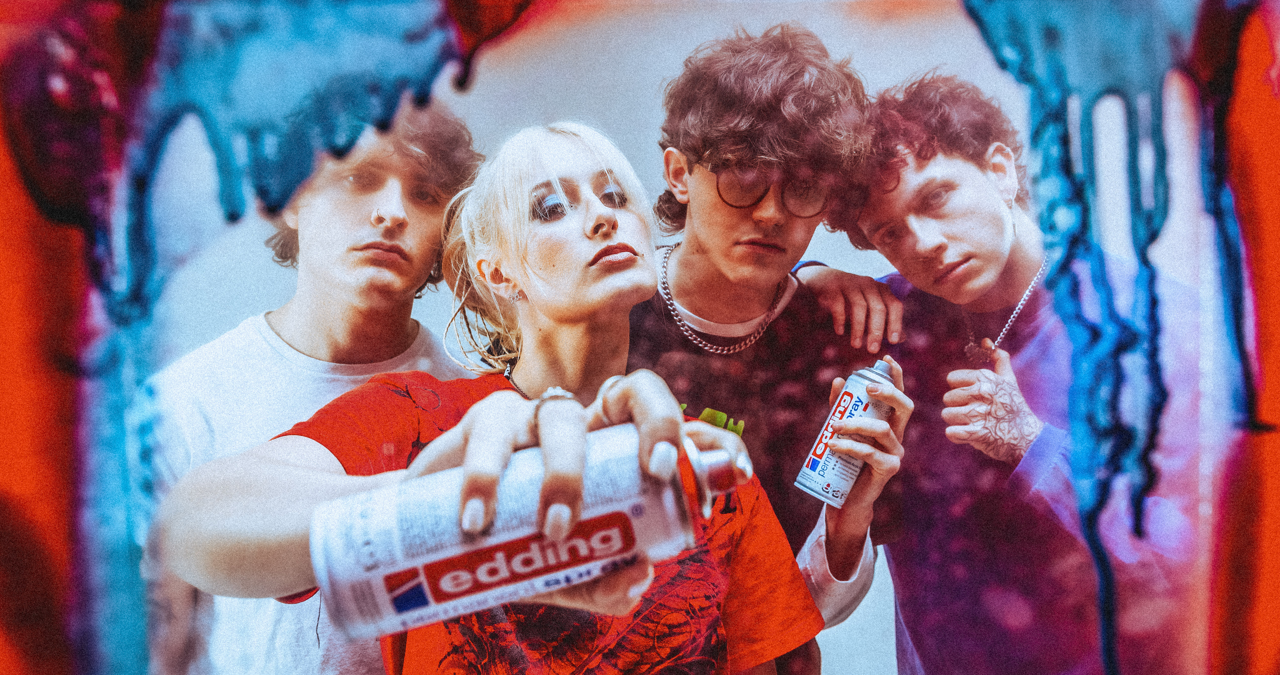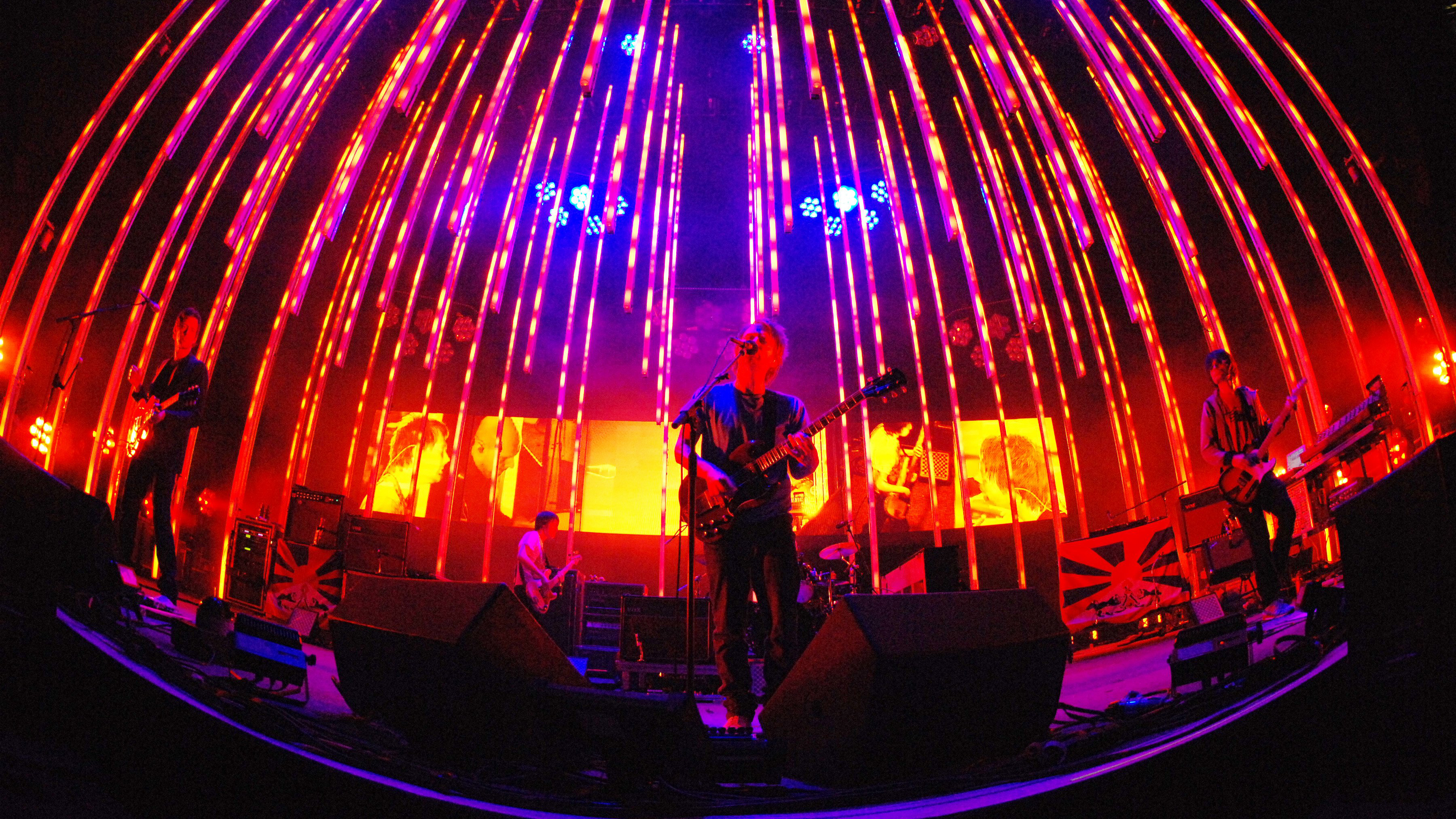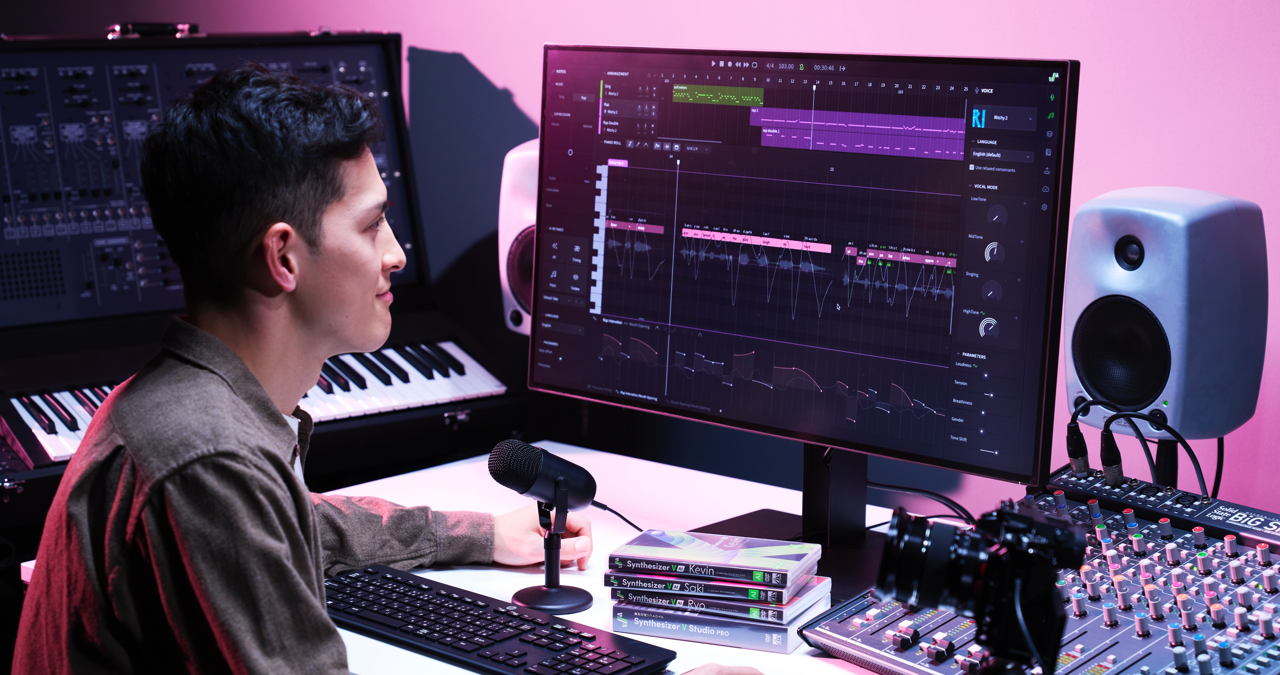“She didn't move from the sofa and she sang two takes of Rolling in the Deep and that's what we used”: Adele, Daft Punk and Taylor Swift are among our picks for the best recorded albums of the 21st century
For your Recording Week pleasure, these are the are the most notable albums of the last 24 years…
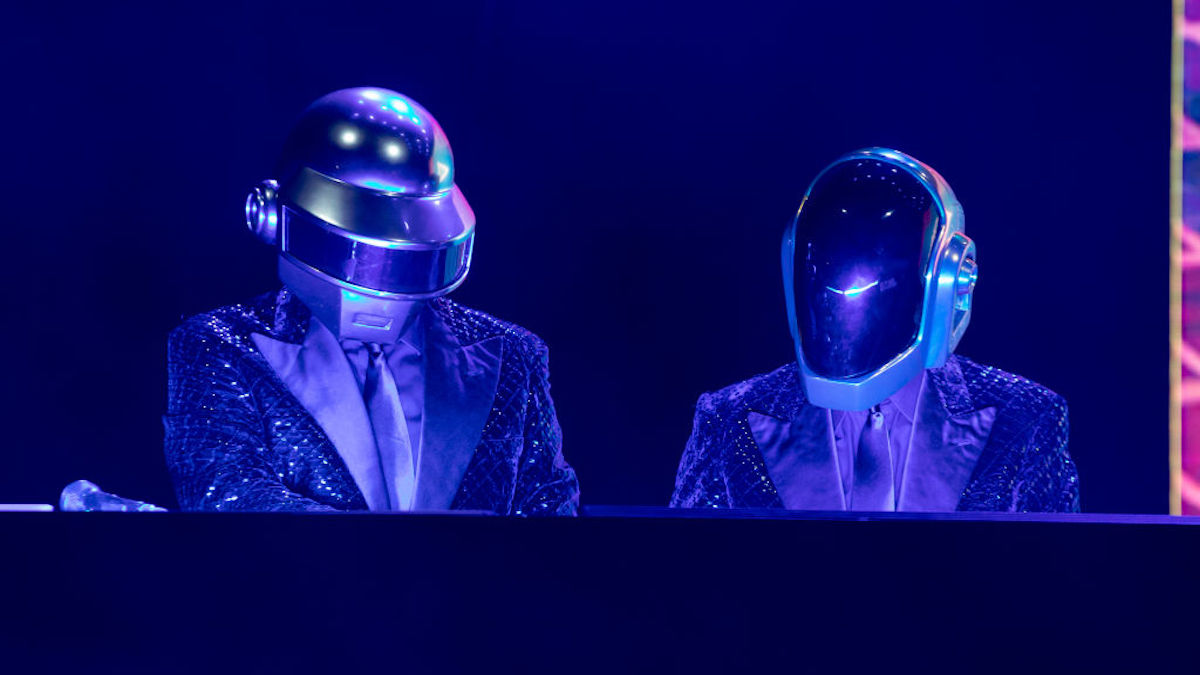
RECORDING WEEK 2024: While we might not yet be a quarter of the way through the century, it's time to gather our thoughts and the record books, and look back at the stand-out albums that the 21st century has delivered thus far. With a few billion streams, and many million sales between them, there should be few arguments over who will come out on top. But we know there will be…
So before we start, we know that you are going to disagree with some of what we write here - we're almost inviting you to - as choosing the best of anything, especially music, is fraught with danger and always as subjective as it is personal. But as we are a production-based website, and it's Recording Week on said website, we at least have a few self-imposed rules to abide by for this particular list.
So our albums are NOT chosen by popularity, even though one is the best-selling album of the century and another is made by the biggest star in the universe. No, they are chosen for very good - in many cases quite incredible - recording reasons.
The albums might have been recorded under great pressure, or they might be surprisingly successful 'difficult second albums'. Or they might have been recorded on a small budget, a massive budget, totally in-the-box, or are complete re-recordings of earlier works.
In all cases though, as interesting and as varied as these recording stories are, it's the talent that shines through, be that in songwriting, singing or playing. As we all know, all great recordings are really about capturing the best of that talent in any way possible.
Here, then, are the ten best album recordings of the 21st century so far…
1. Lorde - Melodrama (2017)
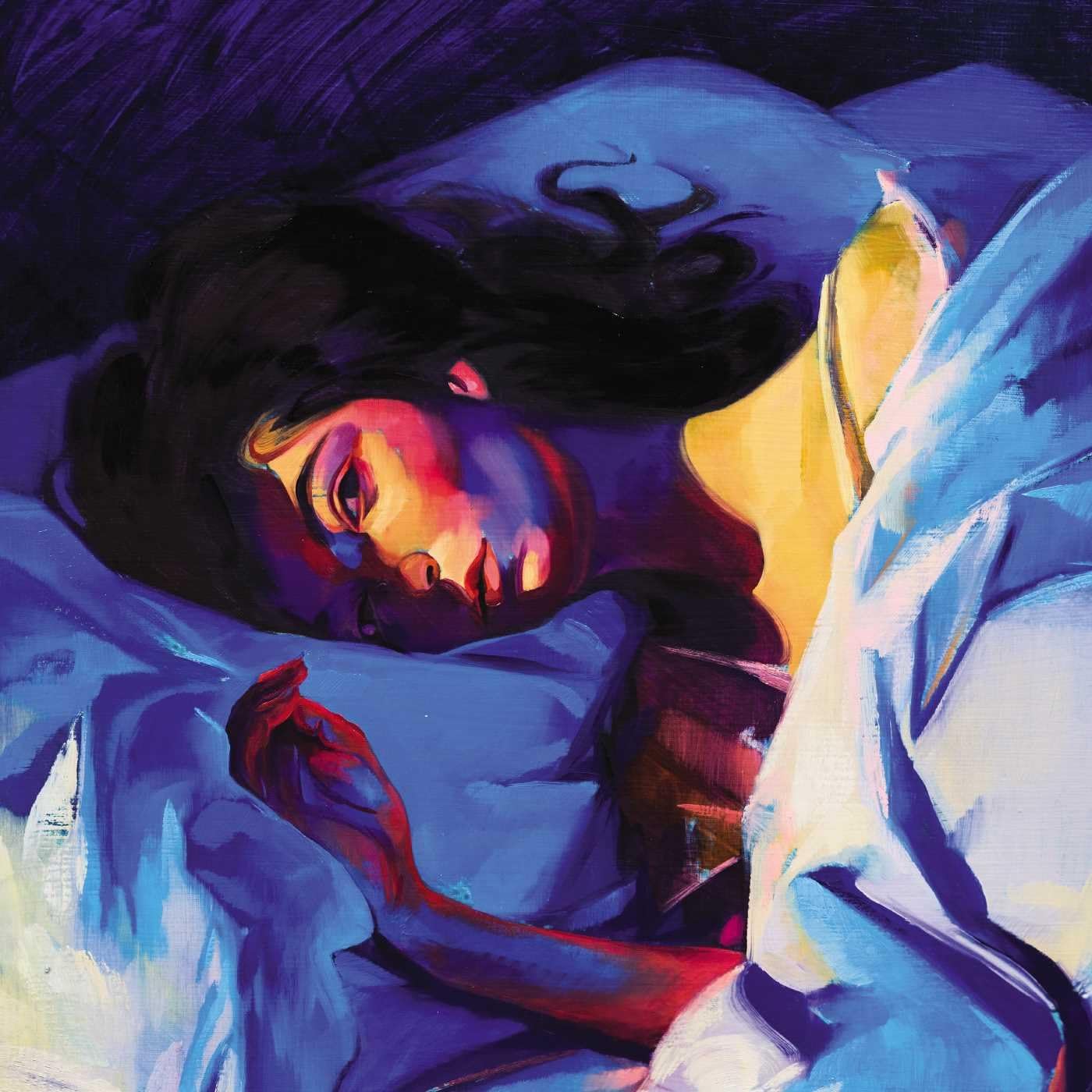
Lorde was an unlikely hit-maker with the rather incredible and unusual Royals in 2013, but those expecting that to be a one-off oddity, like those bonkers records you used to get denting the charts in the 1980s, would be surprised by the New Zealand singer's second album, Melodrama.
The LP saw Lorde address a few touchy subjects like her new found fame and the odd major breakup, and also saw her collaborating with Jack Antonoff, the Taylor Swift producer who, it might be said, has had a pretty good century so far.
Get the MusicRadar Newsletter
Want all the hottest music and gear news, reviews, deals, features and more, direct to your inbox? Sign up here.
Lorde and Antonoff shared a lot of the production duties across the album, including the opening track Green Light, which was a blistering introduction to Lorde's new hi-energy, synth-laced sound on an album that some describe as a journey through a house party - that's a shindig we wish we'd been invited to.
Lorde discussed the track, album and working with Antonoff with Zane Lowe, saying: "We’ve produced the whole record together [and] the production was a big thing for me. I’m a producer on every song. My role is I am an editor. I will pull that away or I’ll push that forward. It’s cool for me. I’m like 'ah God that’s what I can do now.'"
2. Billie Eilish - When We All Fall Asleep, Where Do We Go? (2019)
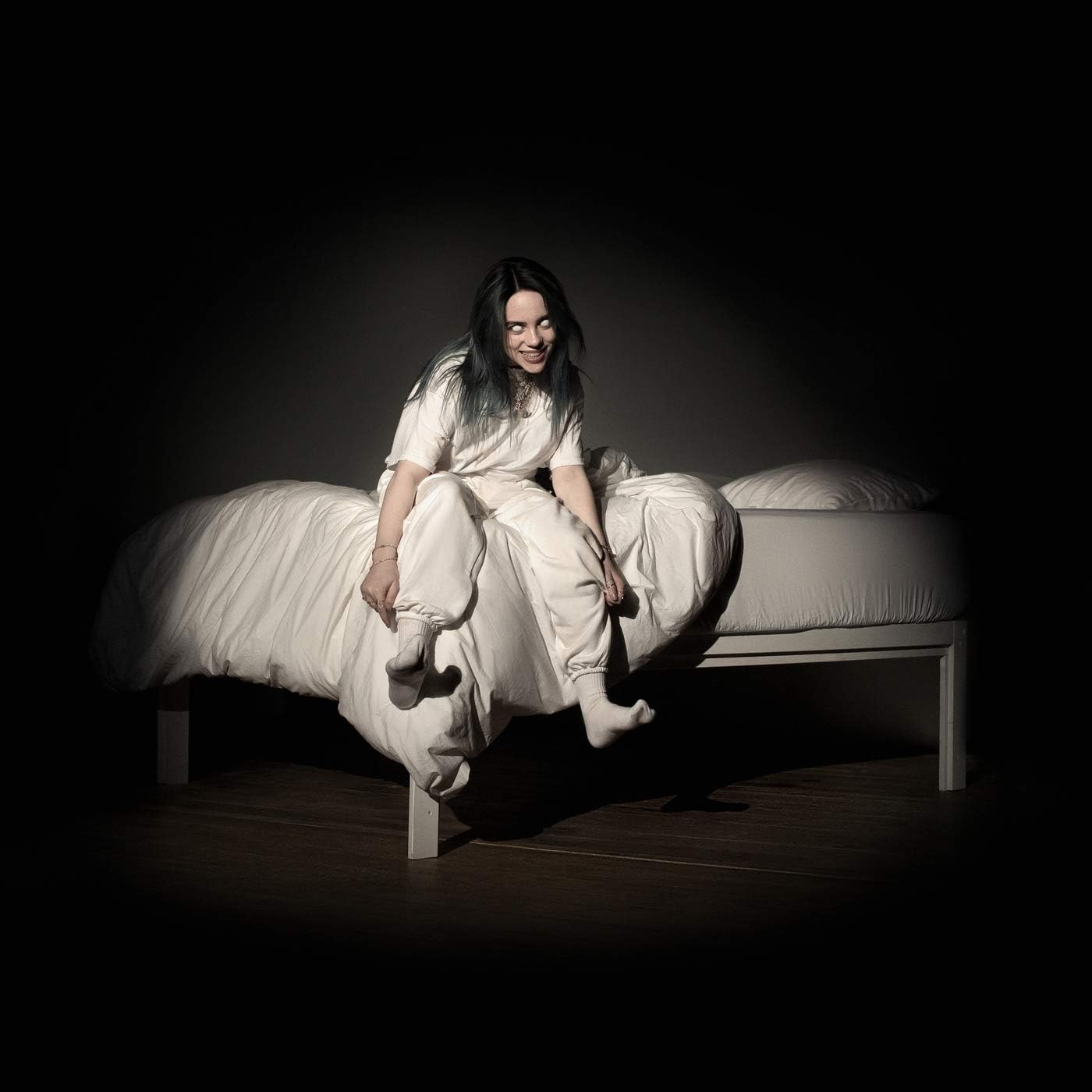
If ever an album were to signal the demise of the $1,000-a-day pro recording studio it would the Finneas O'Connell-produced debut for sister Billie Eilish. Recorded in a bedroom using Logic Pro, a UA interface and little more, the album launched Eilish onto the world, has sold over seven million copies and won countless awards (Eilish and Finneas basically swept up the Grammys in 2019).
Not only did the album prove that anyone can write and record a great album in the 21st century - no matter what their backgrounds or recording budget - it also proved that a genre-bending set of songs can hang together incredibly well and result in one of the albums of the century.
We'll leave it up to others to pile the (deserving) plaudits upon Eillish, as we're still pumped by that cheap, in-the-box recording setup. But we won't harp on about the fact that we predicted this kind of home setup would result in world conquering records some 25 years ago (but we did, ok?!)

3. Daft Punk - Random Access Memories (2013)
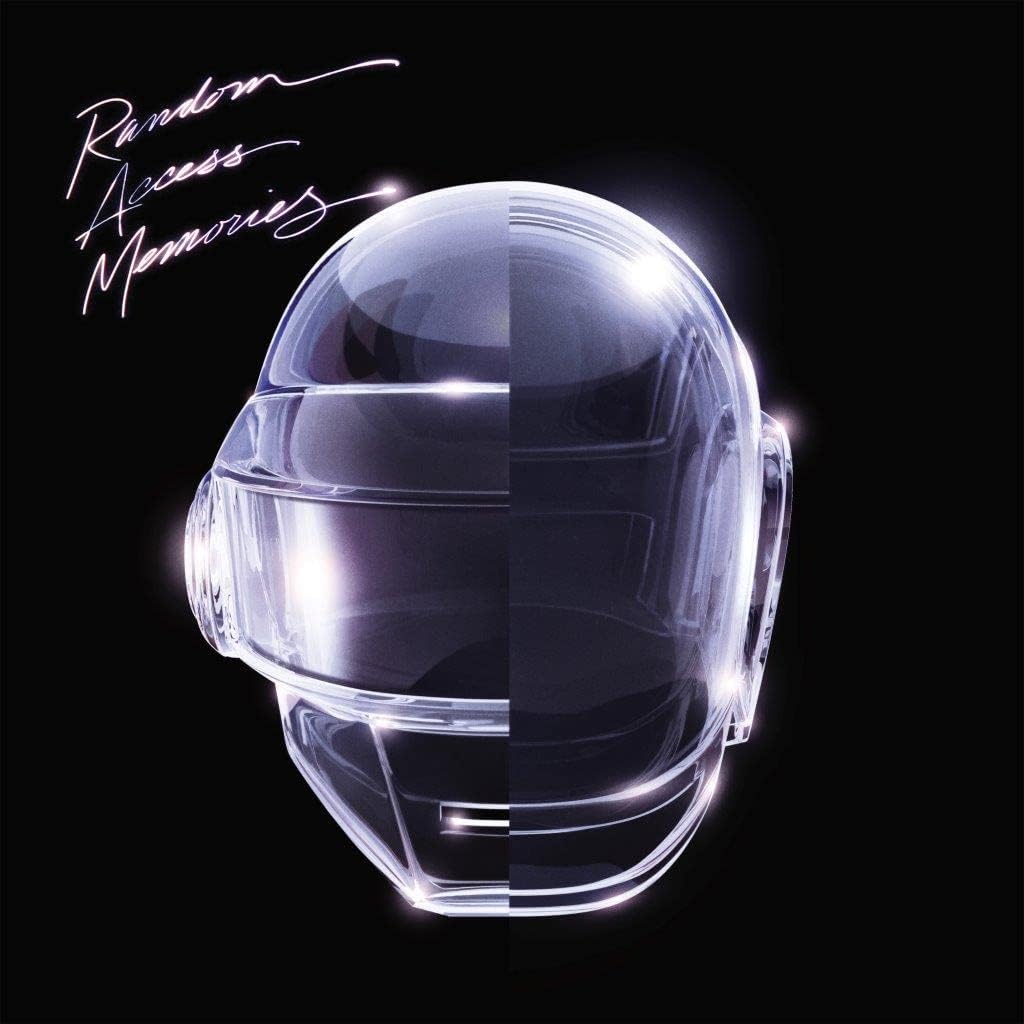
With nods to just about every other genre elsewhere in this list, we'll include this as our 'dance music' entry, even though it is one of DP's most 'real instrument' laden works. Add to that, its highlight track, Get Lucky, is more about putting the funk back into music - something the French duo have never shied away from, with super-producer Giorgio Moroder once describing their sound as “electronic but they give it the human touch”.
RAM would turn out to be Daft Punk's final studio outing, and what a way to bow out, with both Nile Rogers and Pharrell - 'I've been on every 21st century hit album' - Williams playing their parts on the aforementioned track, alongside the likes of Moroder (on a song dedicated to him), Todd Edwards, Noah Lennox and many other musicians from different backgrounds.
“The idea was to focus on the eclecticism and variety of the music that we like,” Thomas Bangalter told NPR in 2013.
"That's why we really like this chaotic - initially chaotic - juxtaposition of all the different collaborators that worked on the record, and all the different styles and different eras that the music was pointing towards. We really liked the idea of breaking all the barriers between these musical genres.”
By this time, Daft Punk had moved away from their initial bedroom recording/DIY ethos into the posher climes of Electric Lady Studios in New York and no less than three studios in California (well, if you have the cash, why not?) Really, though, these studios were used to draft in more acoustic instruments and those performers, estimated to have added a million bucks to the album's budget.
It was worth it though. The swansong album was largely hailed as their best, it picked up a hat-trick of Grammys and many other awards, and hit number one across the world. And its three million sales helped line the duo's pension pots too.
4. Taylor Swift - 1989 (2014)
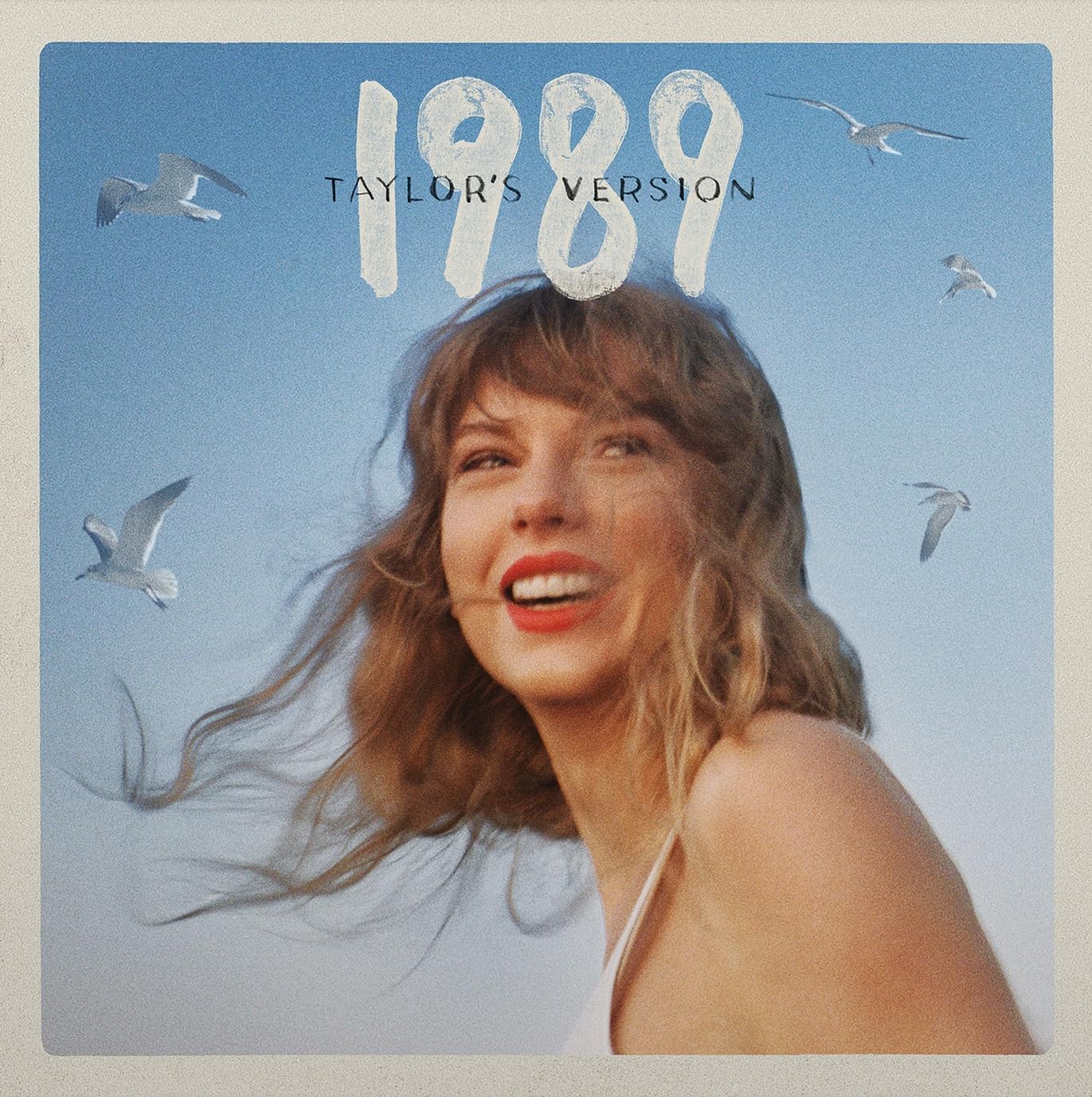
There's much to write about Swift and 1989, not least because, of course, this recording story also takes in a re-recording. 1989 is one of the albums Taylor has recorded twice because of a bitter label dispute.
However the original 2014 1989 (and you'll have to forgive the number of digits in this particular paragraph) is also notable in that it marked the turning point of Swift's country phase to universal domination phase.
She told Planet Hollywood, “I had a feeling that it would end up being a pop album, but I didn't know if I would be inspired to make it more acoustic or a country album again. It ended up sonically cohesive, with its own sound - it is a pop album, I wanted to be very honest about that.”
And 'pop' she certainly became, with three singles Shake It Off, Blank Space and Bad Blood hitting the US number one spot. Fast forward to 2023, and 1989 was re-recorded with Jack Antonoff (who else?) and Christopher Rowe coproducing with Swift.
Forget those disputes, because if anything, the rejig - and 'Taylor's version' is a slightly different re-engineering - was justified simply because the album hit number one just about everywhere in the world, and seven of its singles occupied the Billboard top 10 at the same time, just one of a fair few records Swift has broken this century. She's gotten pretty big apparently.
5. David Bowie - Blackstar (2016)
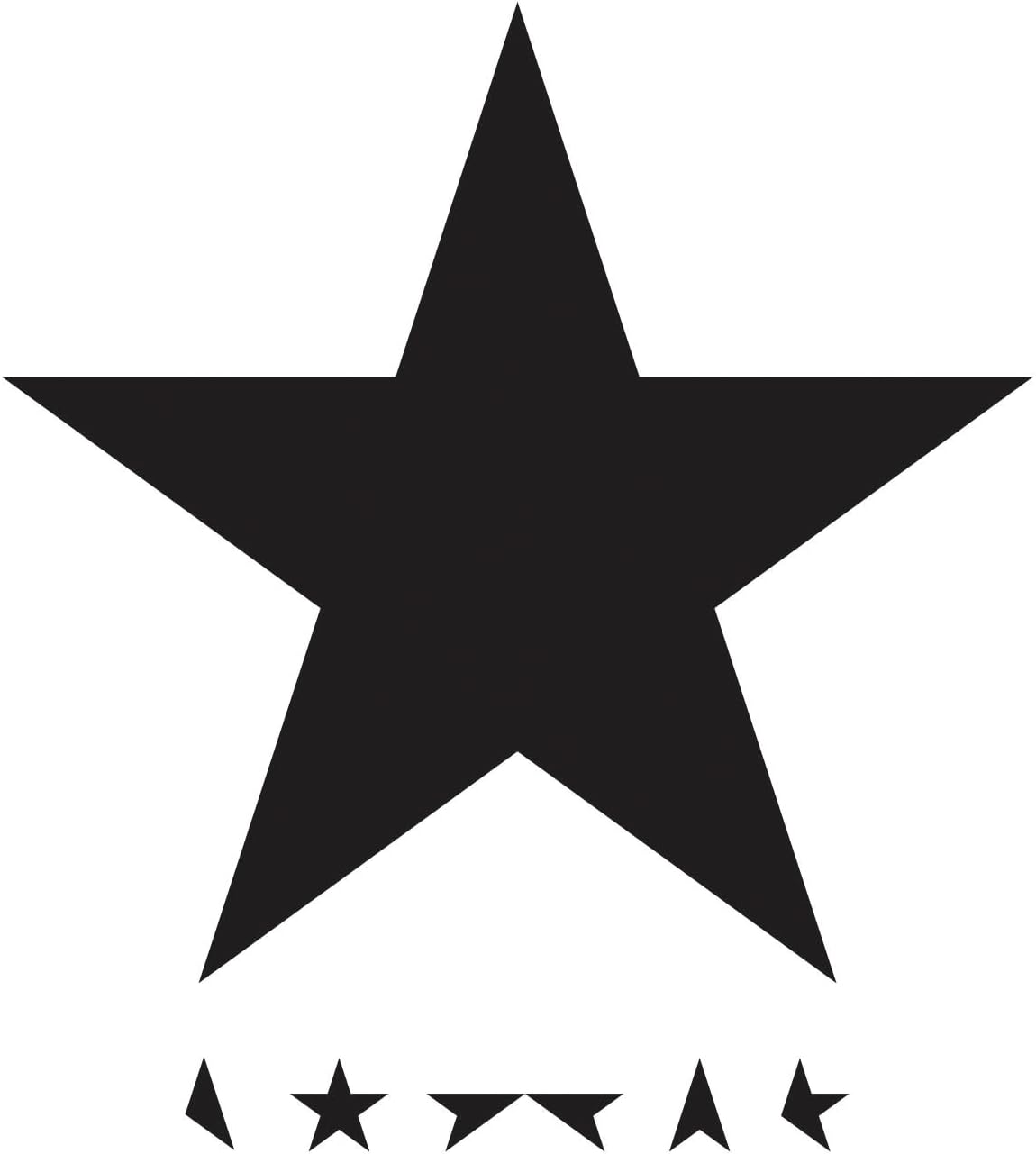
Bowie's final album is a miraculous work in many ways, not least because the iconic artist was in such poor health and knew of his impending demise during its recording. “There were days he couldn’t come in,” long time Bowie and Blackstar producer Tony Visconti told The Guardian. “But when he got in front of the microphone, he sang his balls off. I’d never seen him happier.”
And that is the bright side to a recording with many a dark moment captured on tape, but also with a sometimes opposing, somehow complementary, upbeat feel. The opening title track is an almost operatic masterpiece - not an obvious single to anyone but Bowie, and perfectly summed up by the YouTube comment, "dropping a 10-minute epic to conclude one of the most remarkable careers ever is such a final boss move".
Bowie employed local New York jazz musicians for the Blackstar sessions and, as on so many previous Bowie albums, let his musicians do their thing. That could have been a dangerous move with such skilled and free-flowing jazzers, but even at this late stage, it is Bowie's vocal and lyrics that dominate.
It's a difficult listen on occasion - if you can get through the Lazarus without blubbing at least once, you're a cold-hearted killer - and its dramatic arrival on Bowie's 69th birthday and two days before his death almost overshadows its greatness, but great it really is, on just about every level you could wish Bowie's final act to be.
6. Adele - 21 (2011)
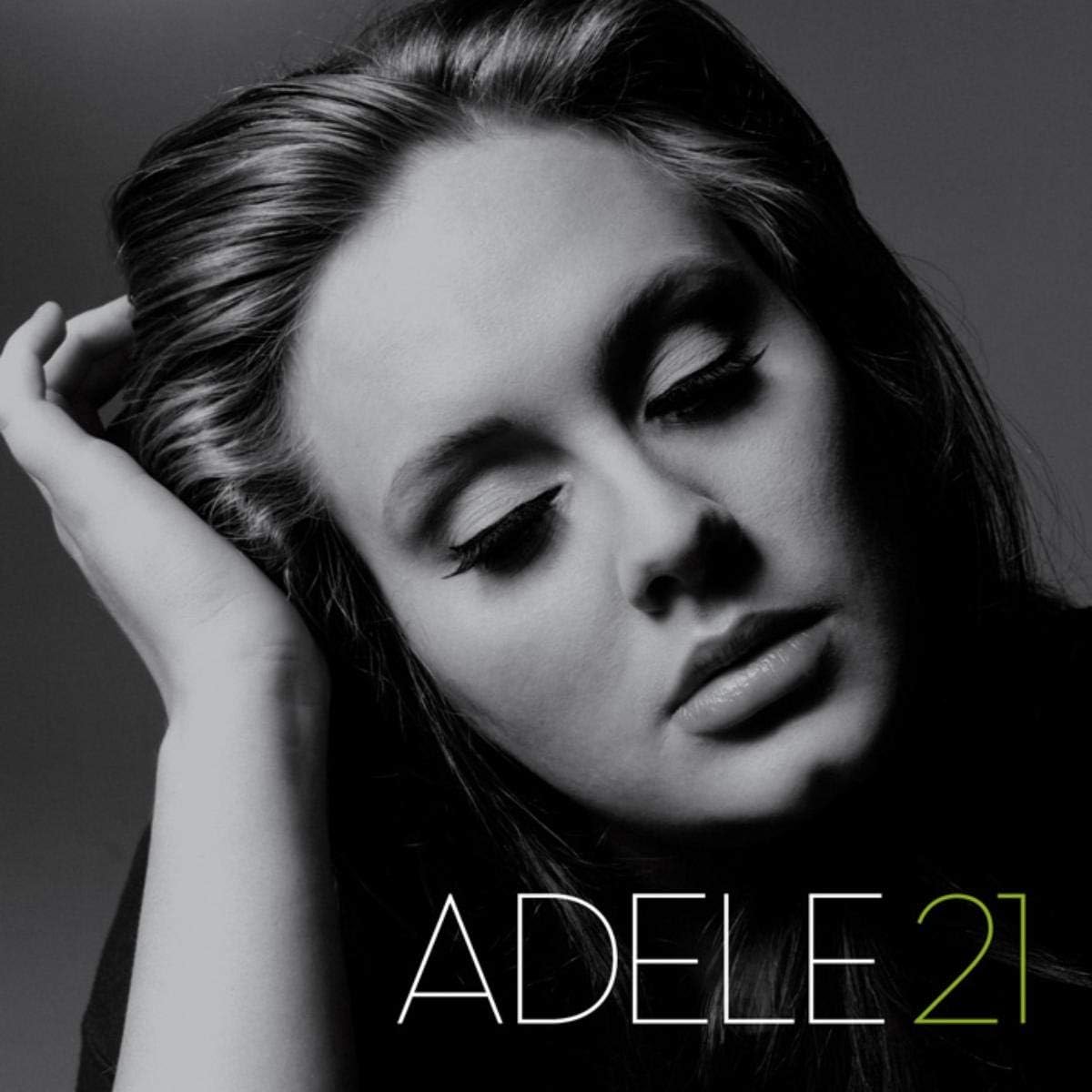
If you have kids in their early 20s, and are wondering what they're doing with their aimless existences, don't read on. By the time Adele was 21 she'd already won awards, sold many a record, and was about to become the biggest singer on the planet thanks to her second album (yes two at this point), 21. "And what do you intend doing with your life?" is probably not a question you heard around her house.
As raw, emotional recordings go, nothing really beats 21, with much of it created as a result of trauma, breakups and rows. Like the singer's personal life, a lot of the recording ended up being a bit of a roller-coaster, with sessions in LA with über-producer Rick Rubin being scrapped and a back-to-basics approach - driven by that raw emotion - winning out.
The singer would collaborate with various writers and producers in the year leading up to its release, and as well as Rubin, it was the producer Paul Epworth who scored some of the best songs and recordings.
While songs like Rolling in the Deep and Someone Like You would be blockbusters, it was the vocal that was and always will be Adele's ace up her sleeve. Epworth's engineer Mark Rankin recounted one occasion to us, while Rolling… was coming together.
"She would be writing, sat on the sofa behind me and Paul with her dog on her lap,” he laughed. “At one point she goes 'I've got something, let's give it a go' so we swung a microphone around to her. She didn't move from the sofa and she sang two takes of Rolling in the Deep. After she sang it she said, 'do you want me to do another one?' and I was like 'er, no, we're good' because it really was that good. I think I literally took just two words from one take and put them in the other and that was it, that's what is on the record.”
We could list (i.e. cut and paste) all the awards that 21 has won, but we'll just leave by saying it is the best-selling album of the century (so far) and for once, sales do equate to quality.
7. Frank Ocean - Channel Orange (2012)
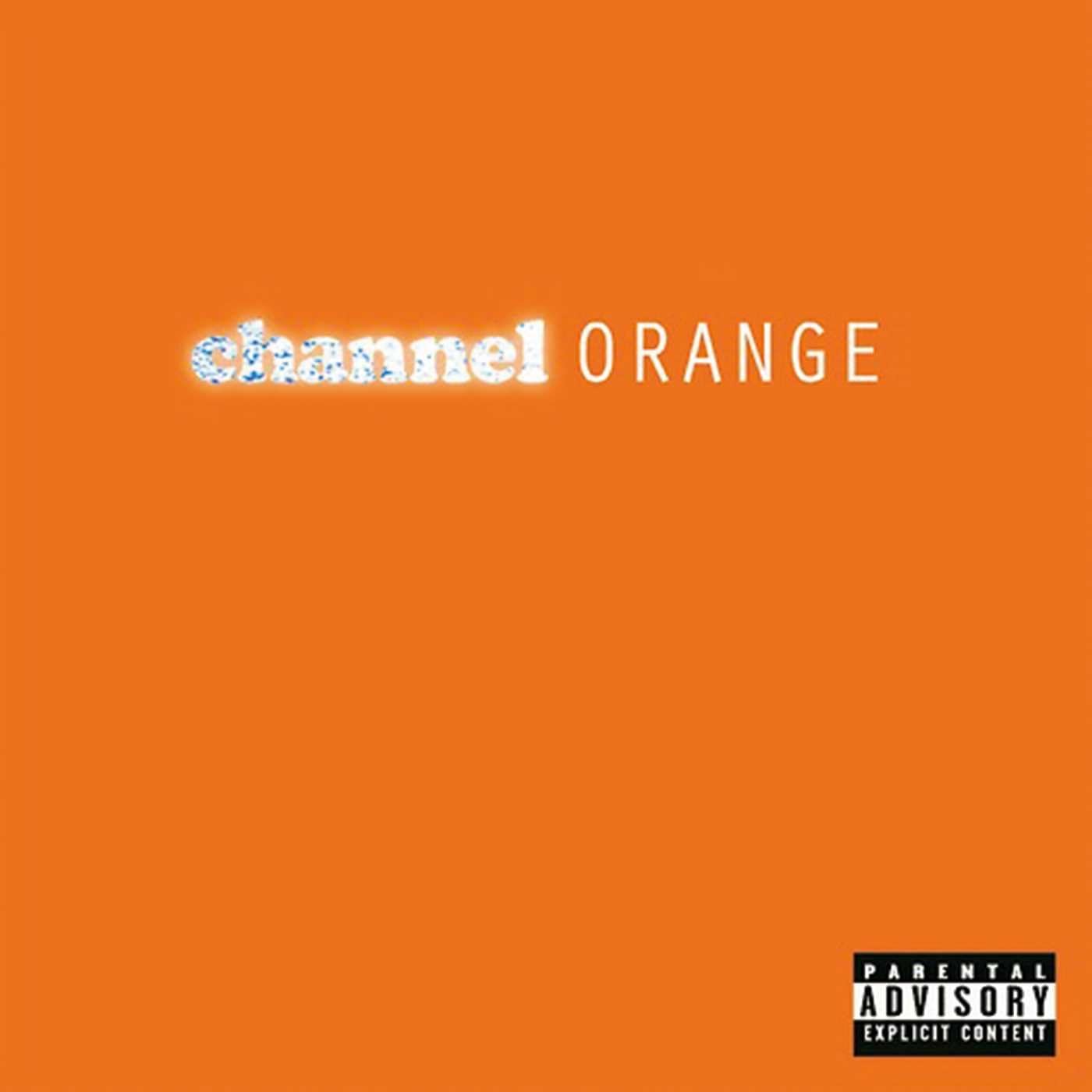
The way Frank Ocean was 'discovered' has the 21st century written all over it. In the old days, aspiring artists would send demos to hundreds of record companies (who now don't exist) and they would ignore them. Today, it's all about laptops…
“I went to a listening party,” he told GQ in 2012. "Next thing I know, I'm in this studio, and everybody's putting their laptops on the pool table, playing songs through big-ass speakers. It was crazy. And they wanted me to play, so I plugged in, and they were like, 'Oh shit.' There were producers there, and they said, 'You should come up to the studio and write.' So I did.” There you have it kids: keep your laptop with you at all times.
Fast forward to Ocean's debut, Channel Orange, and the critics were falling over themselves to say that he was pioneering a new form of R&B. This might well have been the case, but to our ears he'd merely - we say 'merely' like we could do it - wrapped up his ideas in some of the most gorgeous productions and often quirky arrangements out there.
And what range too, from sampled lo-fi crunch, found sounds and dirt through to the smoothest of vocal harmonies, and most laid back grooves, all the while remaining not too cluttered to allow hooks to shine, songs to mean something and, importantly in our ears, albums to work as complete works.
The latter of which is made even more incredible with the huge number of musicians and engineers involved in Channel Orange's recording. His masterful direction (much of it at the incredible EatWest studios in LA) makes this maybe not the best-selling of our list, but certainly the critic's choice.
8. Beyonce - Beyonce (2013)
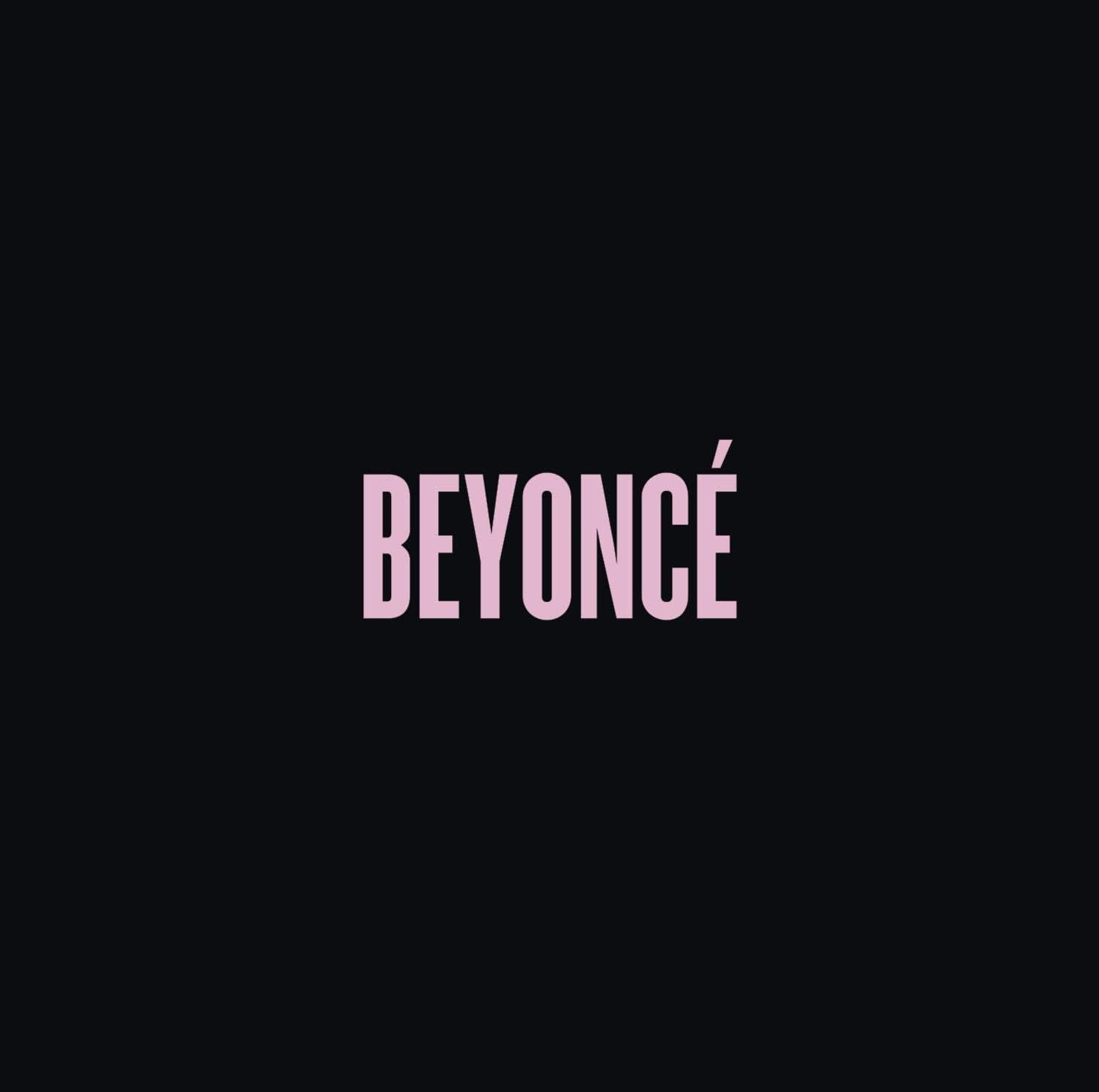
With Beyoncé, it might not surprise you, it's about recording extremes. While Eilish and Finneas used a 200-buck DAW in a bedroom to record their multi-million seller, Beyoncé, hired a 40-bedroom mansion for her self-titled fifth album.
While Radiohead thought they could do without a producer on their entry in this list, there seemingly wasn't a producer that Beyoncé didn't use on her opus. With Justin Timberlake, Pharrell Williams and Timbaland just three of the 22 producers listed for the album, we now get why the mansion had so many rooms. (We're hoping it had more than one bathroom, though - just think about the shower situation every morning if not.)
But while we might mock the lengths that some artists can and do go to make the perfect recording, let's face it, if we had Pharrell on hand, and the cash, we'd use him. We go back to that initial statement that it's about capturing the artist at their best, and with Beyoncé, this was certainly the case.
Beyoncé, the album, became even bigger than the sum of its many contributors, a multimedia (remember that word) extravaganza, with a video for each track, and a huge feminist statement, but most of all, a mark in the sand for Beyoncé the singer, by becoming both one of her best-selling and most critically-acclaimed releases.
9. Radiohead - In Rainbows (2007)
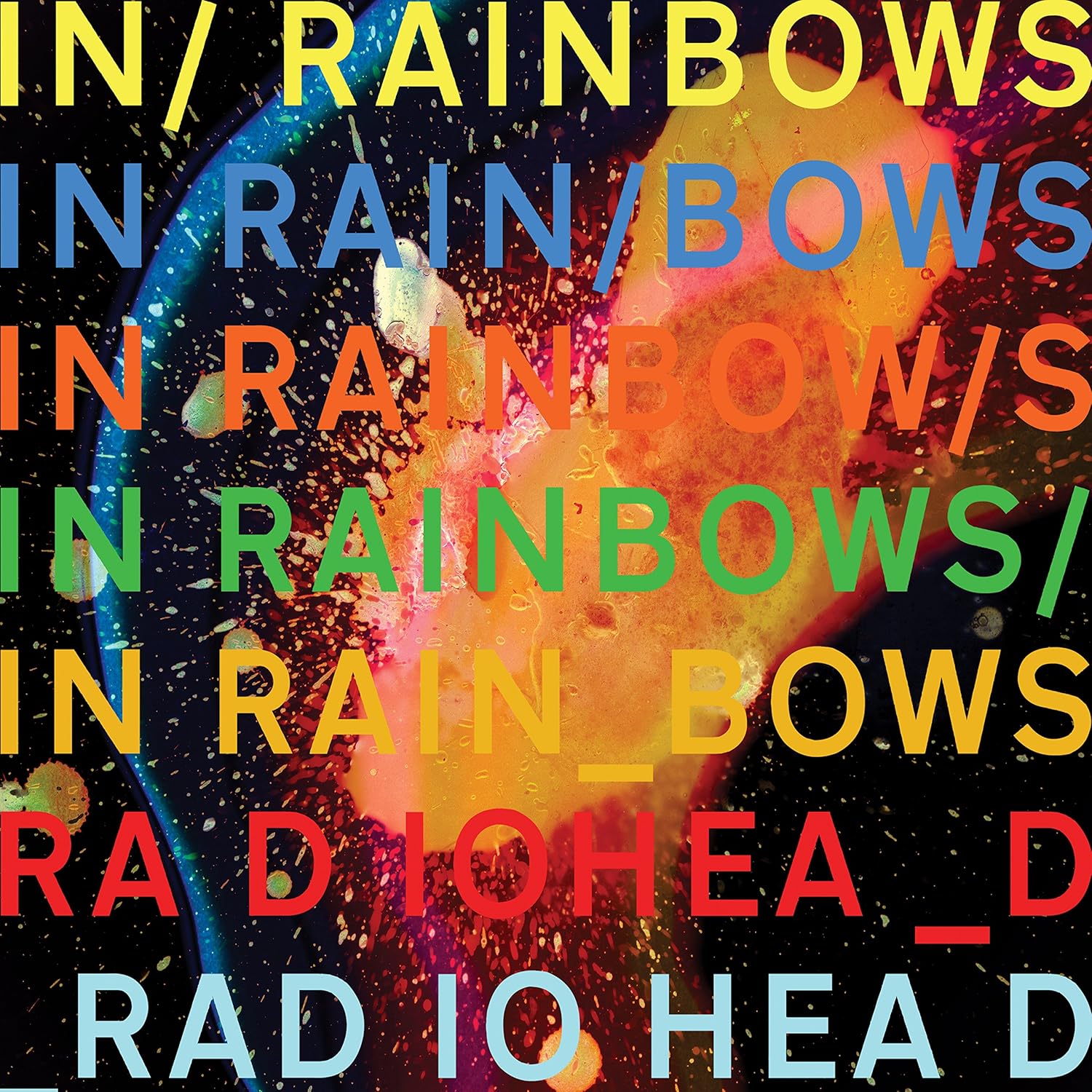
There are several notable factors about In Rainbows that mark it out as very 21st century recording. It was self-released by Radiohead initially as a download, one that you could basically pay what you wanted for, and a great selling vinyl long player - all reflecting the massive changes going on in the music industry during the 2000s, and all deflecting attention away from the fact that this was actually one of the band's best efforts.
This might not have been the outcome they expected during its recording, though. Having temporarily parted ways with long-time producer Nigel Godrich, the band struggled to find form in the studio, spending a lot of time doing a lot of nothing.
But after his reinstatement, and what seemed like a decision to stop overthinking things, some tracks ended up getting recorded in single takes, and a more stripped-back but still epic feel smoothed the way for the rest of the recording.
Looking back on the whole DIY and (potentially) give-it-away process, Thom Yorke told Wired "It was simply a response to a situation. We were out of contract. We have our own studio. What the hell else would we do? This was the obvious thing. But it only works for us because of where we are."
Work it did. In the end, In Rainbows sold millions and people did actually pay for it – something very un-21st century, we're afraid to note – much of this thanks to promotion, tours, videos and competitions, all of which the band wouldn't be seen dead doing now, if they ever do get back together, that is.
Yes, it really was music that people paid for (and jolly great at that) and a band that did promo. All very quaint, we think you'll agree.
10. Amy Winehouse - Back to Black (2006)
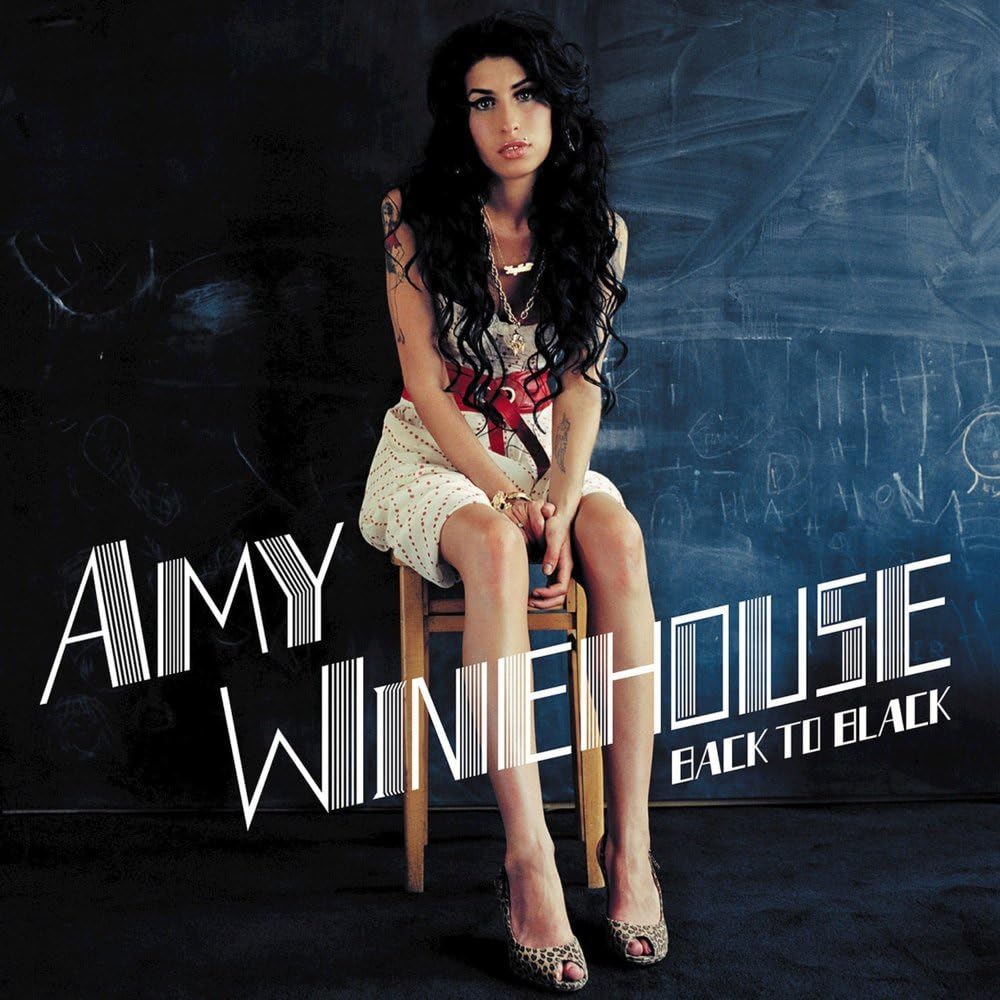
Despite a career blighted by controversy and ending in tragedy, Amy Winehouse's voice and soulful songs, so beautifully captured on this, her second album, stand proud above the tabloid tittle-tattle.
The title track was penned by Amy in a couple of hours with producer Mark Ronson – and if you need proof of the vocal talent, check out this video.
But it's Rehab that is perhaps the standout track on the album, and easily its most poignant. It was also helped in the writing process by Ronson who suggested going into the studio with it as a core song idea after Amy had told him she was being pressed to go into rehab for her drinking issues.
That's turning a negative into a positive for you - and of course, some of the best songs are born out of darkness (see Blackstar, above).
Back to Black not only scored millions of sales, but paved the way for a new British wave of female vocal talent, so its impact cannot be understated, and not least for its producer who is eternally grateful for the time he spent with Winehouse.
“She kinda put me on the map,” Ronson told NME, “so all of my success and everything I’ve had since is somehow linked back to this thing, you know?"
• Get more recording stories and features at Recording Week 2024 here!
Andy has been writing about music production and technology for 30 years having started out on Music Technology magazine back in 1992. He has edited the magazines Future Music, Keyboard Review, MusicTech and Computer Music, which he helped launch back in 1998. He owns way too many synthesizers.












